“The problem with people, as they start to mature, they say, ‘Rap is a young man’s game,’ and they keep trying to make young songs. But you don’t know the slang – it changes every day, and you’re just visiting. You’re trying to be something you’re not, and the audience doesn’t buy into that.” — Jay-Z.
By PJ Parrish
So I’m up at 2 a.m. and it’s 57 channels and nothing on. It’s a choice between Million Dollar Mansions and The Tin Cup, starring Kevin Costner as a washed up golf pro who makes his way to the US Open to play against an insufferable git-in-cleats played by Don Johnson.
The movie is peppered with golf slang. Lines like: “Gimme the lumber.” And: “I want you to caddy for me. I’ll give you $100 for the loop.”
Thanks to my husband, I sort of watch golf. So I figured out that “lumber” was a wood, a club that you can hit far with. “The loop” is slang for 18 holes. The scriptwriter was savvy with his use of slang, just enough to make me feel I was inside but not too much to trip me up. But, the rewriter in me wanted to ahem…improve things a little. I would have written: “I want you to be on the bag for me. I’ll give you $100 for the loop.”
Be on the bag means to caddy. Okay, okay, maybe that’s one stroke over the line, sweet Jesus, but I couldn’t resist. Slang is pretty seductive for writers, right?
Who among us hasn’t been tempted to slather in the slang to make our dialogue sound more authentic, more human, more…with it? I think mystery and thriller writers are especially vulnerable, because we deal with street thug, cops, lawyers and n’er-do-wells who all use their own argot. So this is my caution for all we crime dogs today: When the urge to use a lot of slang in your story hits you, go lie down in a dark room.
Okay, time out. Let’s test your lit-slang IQ. What books are these excerpts from (answers at end):
1. What clashes here of wills gen wonts, oystrygods gaggin fishy-gods! Brékkek Kékkek Kékkek Kékkek! Kóax Kóax Kóax! Ualu Ualu Ualu! Quaouauh! Where the Baddelaries partisans are still out to mathmaster Malachus Micgranes and the Verdons catapelting the camibalistics out of the Whoyteboyce of Hoodie Head.
2. Flora began to curse Red and Nancy again. But she had pretty much played out that line already. She turned to me.
“What the hell did you bring them here for?” she demanded. “Leaving a mile-wide trail behind you! Why didn’t you let the lousy bum die where he got his dose?
“I brought him here for my hundred and fifty grand. Slip it to me and I’ll be on my way. You don’t owe me anything else. I don’t owe you anything. Give me my rhino instead of lip and I’ll pull my freight.”
3. Third time lucky. It wis like Sick Boy telt us: you’ve got tae know what it’s like tae try tae come off it before ye can actually dae it. You can only learn through failure, and what ye learn is the importance ay preparation. He could be right. Anywey, this time ah’ve prepared.
Slang in fiction is a two-headed beast. When it’s good, it lends your dialogue verisimilitude and gives your characters unique voice. But when it’s bad, it dates your narrative, frustrates the reader and, as Jay-Z says, makes you look like you’re just visiting.

Slang is not the same as jargon. Both are means of communication between special groups. Slang is the informal language of speech, writing or texting. Think of friends bonding. Jargon is the specialized, often technical, language that is used by people in a particular field. Think of lawyers.
It can underscore your setting. A novel set in the mean streets of 1930s Newport is going to have different slang than one set in the thickets of the rural South of current times.
From The Great Gatsby: “He saw me looking with admiration at his car. ‘It’s pretty, isn’t it, old sport?” Old sport is a term of endearment used among swells of Gatsby’s era.
From Shakespeare’s Henry IV, here’s Falstaff throwing down some major shade:
’Sblood, you starveling, you elfskin, you dried neat’s tongue, you bull’s pizzle, you stockfish! O, for breath to utter what is like thee! You tailor’s-yard, you sheath, you bowcase, you vile standing tuck—
Raymond Chandler famously credited Dashiell Hammett with giving murder “back to the kind of people that commit it for reasons, not just to provide a corpse … He put these people down on paper as they are, and he made them talk and think in the language they customarily used for these purposes.”
In Hammett Red Harvest, the police “take this baby down the cellar and let the wrecking crew work on him.” (Interrogate a suspect). A female character is described as “a soiled dove” (13th-century English slang for a prostitute). And the Continental Op says he is “going blood-simple” from all the killing (which you’ll recognize as the title of the Coen Brothers’ 1984 movie.)
Some writers, especially those toiling in fantasy, often create entire languages filled with made-up slang. JK Rowling peppered the Harry Potter books with so much nonsensical words that she needed to publish a dictionary — Muggle, flobberworm, and my favorite Boggart (a shape-shifter that becomes the likeness of your worst fear) I often wondered if Rowling weren’t channeling Lewis Carroll, who gave us such words as gallymoggers (crazy), mimsy (a feeling of misery and whimsy) and this gem: scut (an insult based on the actual Brit slang for buttucks.
Robert Heinlein uses made-up slang in Stranger in a Strange Land to great effect, weaving it in so gracefully that the reader never stumbles. He uses the Martian word grok, which means “to drink” but because there is no water on Mars, grok comes to mean something akin to holy communion, with characters grokking to communicate powerful emotions.
So, you ask, what’s a lesser writer to do? What if you’re still working on your first novel, or rewriting your sixth and you’re a little unsure of when to use slang and how much is too much? Well, as we always say here, there are no hard and fast rules. But let me lay down some guidelines that I’ve found helpful.
- Use it sparingly
- Get it right
To the first point, slang is like any exotic spice. A little goes a long way toward whatever stew you are creating. Know that slang tends to go stale very quickly, and does not travel well. As Toby tells Will in West Wing: “When you use pop-culture references, your speech has a shelf life of twelve minutes.” So it is with novels. You might have one of your young characters say something like: “Since the pandemic, I never have to go into the office. It’s so sick.” Sick, of course, means great. Always look for ways to gracefully explain slang that’s esoteric. Like:
“I want you to carry the bag for me.”
What, me caddy for you? In your dreams, man.”
To the second point, make sure your slang is accurate and appropriate. Don’t try to fake Aussie slang, for example. Run it by a friend who is fluent. Make sure the slang you put in a character’s mouth is accurate for his age, background, region, and education. A kid living in Michigan would never ask for a “soda.” It’s always “a pop.” A kid, in parts of the South, would ask for “a Coke” even if he wants Sprite.
Some sites to help you with slang:
Online Slang Dictionary. Updated almost daily. Very comprehensive and sometimes quite racy. http://onlineslangdictionary.com/
A Dictionary of Slang. If you want to say something in New Zealand-ese, this is for you. http://www.peevish.co.uk/slang/language-links.htm
Some novels are so thick with slang and invented words that they are near impenetrable. I remember trudging through Anthony Burgess’s A Clockwork Orange for a college lit course. It is written entirely in an invented future slang constructed by Burgess called Nadsat. Here’s the opening paragraph. I’ll wait while you wade:
‘What’s it going to be then, eh?’
There was me, that is Alex, and my three droogs, that is Pete, Georgie, and Dim, Dim being really dim, and we sat in the Korova Milkbar making up our rassoodocks what to do with the evening, a flip dark chill winter bastard though dry. The Korova Milkbar was a milk-plus mesto, and you may, O my brothers, have forgotten what these mestos were like, things changing so skorry these days and everybody very quick to forget, newspapers not being read much neither. Well, what they sold there was milk plus something else. They had no licence for selling liquor, but there was no law yet against prodding some of the new veshches which they used to put into the old moloko, so you could peet it with vellocet or synthemesc or drencrom or one or two other veshches which would give you a nice quiet horrorshow fifteen minutes admiring Bog And All His Holy Angels And Saints in your left shoe with lights bursting all over your mozg. Or you could peet milk with knives in it, as we used to say, and this would sharpen you up and make you ready for a bit of dirty twenty-to-one, and that was what we were peeting this evening I’m starting off the story with.
Reading this now and remembering how much I worked to finish this book, I am thinking of a scene from Cheers. Sam, desperate to impress Diane, slogs through War and Peace in three days. At the end, Diane is, indeed impressed.
Diane: There’s only one thing more romantic than you reading War And Peace for me.
Sam: What?
Diane: You reading War And Peace to me.
Sam: Oh, yeah? Well, it just so happens that I have a copy right here. You sit down right here, and I’ll read to you. Here we go.
Diane: [takes the book] Let’s go see the movie.
Sam: [shouts] There’s a movie?
Re Clockwork Orange. Take my advice. Skip the book. See the movie.
_________________________
Quiz:
- Finnegan’s Wake by James Joyce.
- The Big Knockover by Dashiell Hammett
- Trainspotting by Irvine Welsh


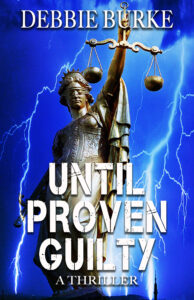
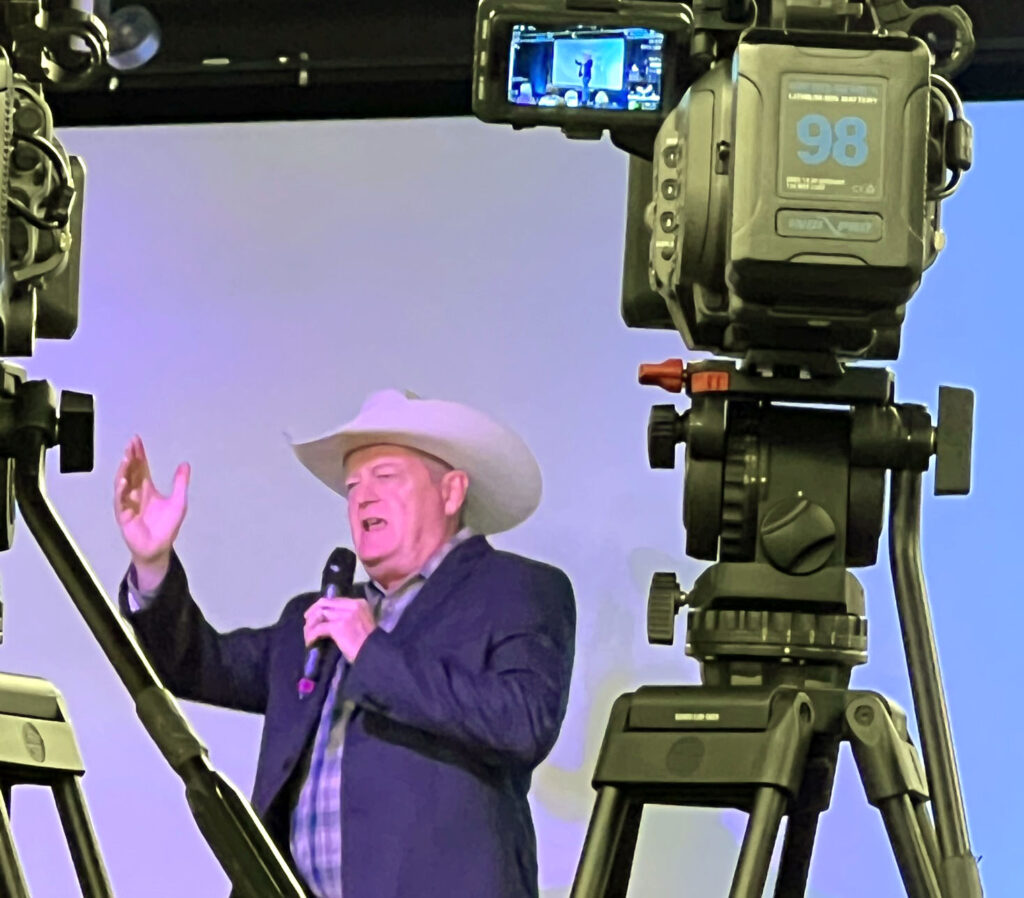
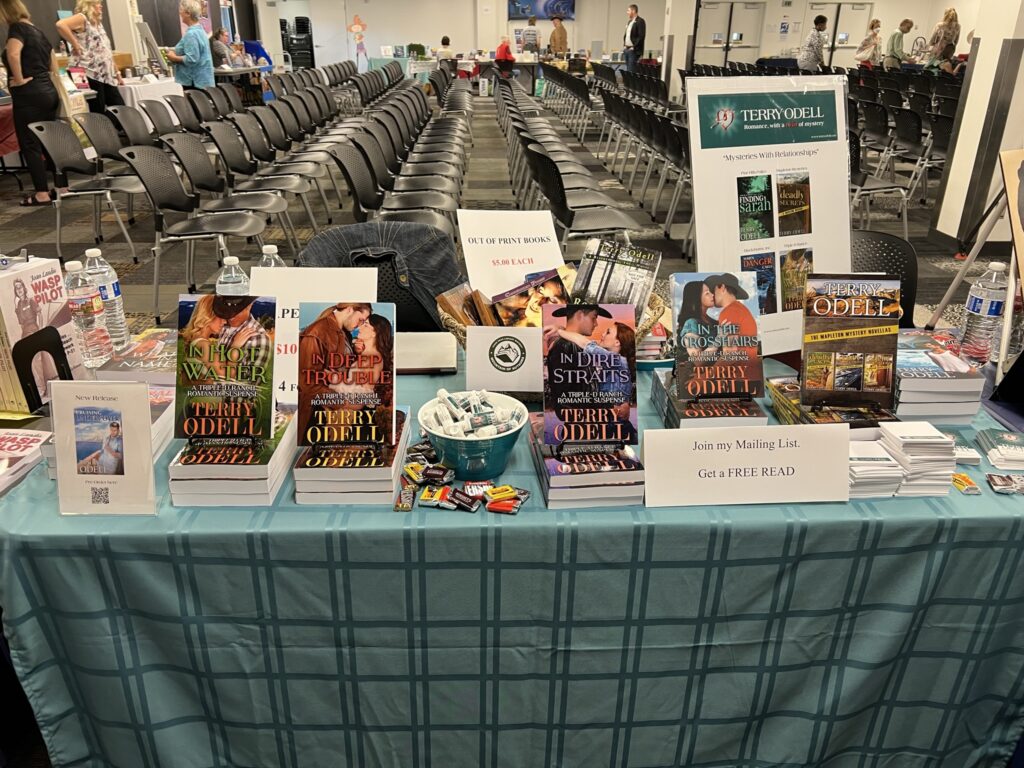
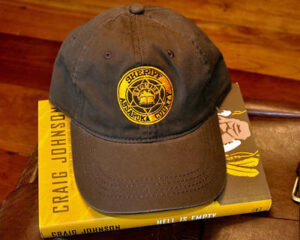







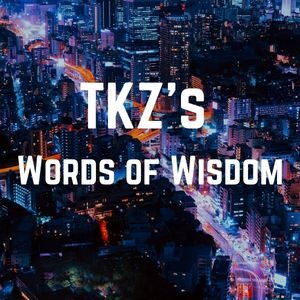 Emotion, Beginnings, and Anti-heroes
Emotion, Beginnings, and Anti-heroes The nice weather has finally hit New England. Yay!
The nice weather has finally hit New England. Yay!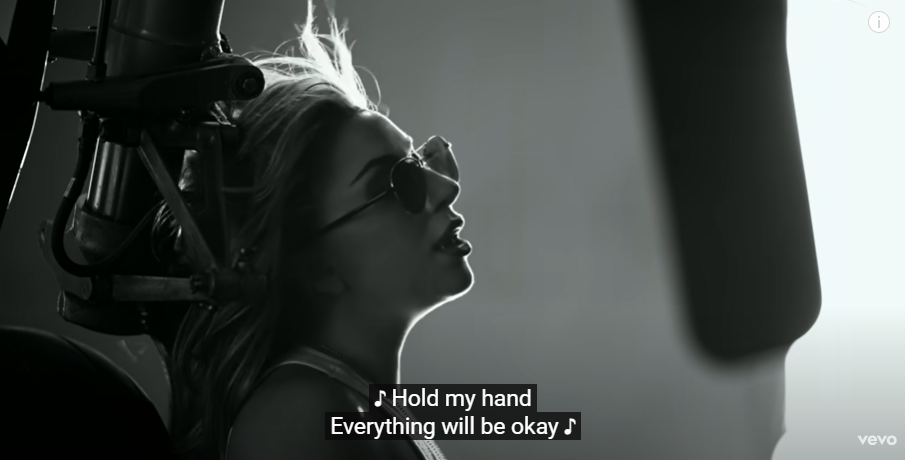
 My name is Kimber. I am a Cavaston–a mix of Cavalier King Charles Spaniel and Boston Terrier. My new parents drove all the way up to Pennsylvania to pick me up on February 15. It was cold and I was scared.
My name is Kimber. I am a Cavaston–a mix of Cavalier King Charles Spaniel and Boston Terrier. My new parents drove all the way up to Pennsylvania to pick me up on February 15. It was cold and I was scared. I had to go to the doctor for a checkup during my first week at the apartment. The doctor was nice, but there’s not a lot of privacy. They stuck me with needles and squeezed me a lot, but they let me eat spray cheese out of a can while they did it, so I didn’t mind all that much.
I had to go to the doctor for a checkup during my first week at the apartment. The doctor was nice, but there’s not a lot of privacy. They stuck me with needles and squeezed me a lot, but they let me eat spray cheese out of a can while they did it, so I didn’t mind all that much. Not everybody recognizes the origins of my name. John tells me it’s the same as one of his favorite pistols. One day, when we were visiting the new house before we moved in and the heat wasn’t turned on yet, I got cold and climbed inside of his vest. After this picture was taken, John called me his quick-draw puppy.
Not everybody recognizes the origins of my name. John tells me it’s the same as one of his favorite pistols. One day, when we were visiting the new house before we moved in and the heat wasn’t turned on yet, I got cold and climbed inside of his vest. After this picture was taken, John called me his quick-draw puppy. These days, we’re all moved into the new house and the construction is over with–well, mostly. John complains that the master bedroom closets still aren’t finished. I like living in the country more than I liked living in the apartment. Out here, I get to pee and poo outside instead of on the little pads that I never really hit. (Apparently, you’re supposed to have your back legs on the pad, too. Who knew?)
These days, we’re all moved into the new house and the construction is over with–well, mostly. John complains that the master bedroom closets still aren’t finished. I like living in the country more than I liked living in the apartment. Out here, I get to pee and poo outside instead of on the little pads that I never really hit. (Apparently, you’re supposed to have your back legs on the pad, too. Who knew?)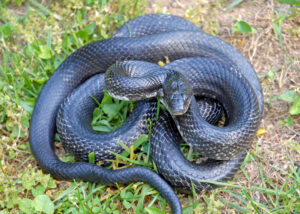 Country living can be scary. I was playing in the woods just a few days ago and I saw something that looked like it wanted to play with me, but not in a good way. It kept hissing and trying to bite me. I’m really fast, though. I barked and barked, and finally, John came out to see what was happening. The stranger hissed and tried to bite him, too. He got very stern and told me to go back into the house. A few minutes later, I heard a really loud noise. I haven’t seen the stranger since.
Country living can be scary. I was playing in the woods just a few days ago and I saw something that looked like it wanted to play with me, but not in a good way. It kept hissing and trying to bite me. I’m really fast, though. I barked and barked, and finally, John came out to see what was happening. The stranger hissed and tried to bite him, too. He got very stern and told me to go back into the house. A few minutes later, I heard a really loud noise. I haven’t seen the stranger since. I think John’s really happy that I’m around the house. All day long, he sits in a chair in front of a folding thing with buttons on it, but I’m tall enough now that I can jump right up onto the buttons and help him push them. He pretends not to like me doing that, but he always ends up playing with me. Maybe not the first time I jump up, or the second, but sooner or later, he gives in and plays. He said something about not being able to say no to my face.
I think John’s really happy that I’m around the house. All day long, he sits in a chair in front of a folding thing with buttons on it, but I’m tall enough now that I can jump right up onto the buttons and help him push them. He pretends not to like me doing that, but he always ends up playing with me. Maybe not the first time I jump up, or the second, but sooner or later, he gives in and plays. He said something about not being able to say no to my face.